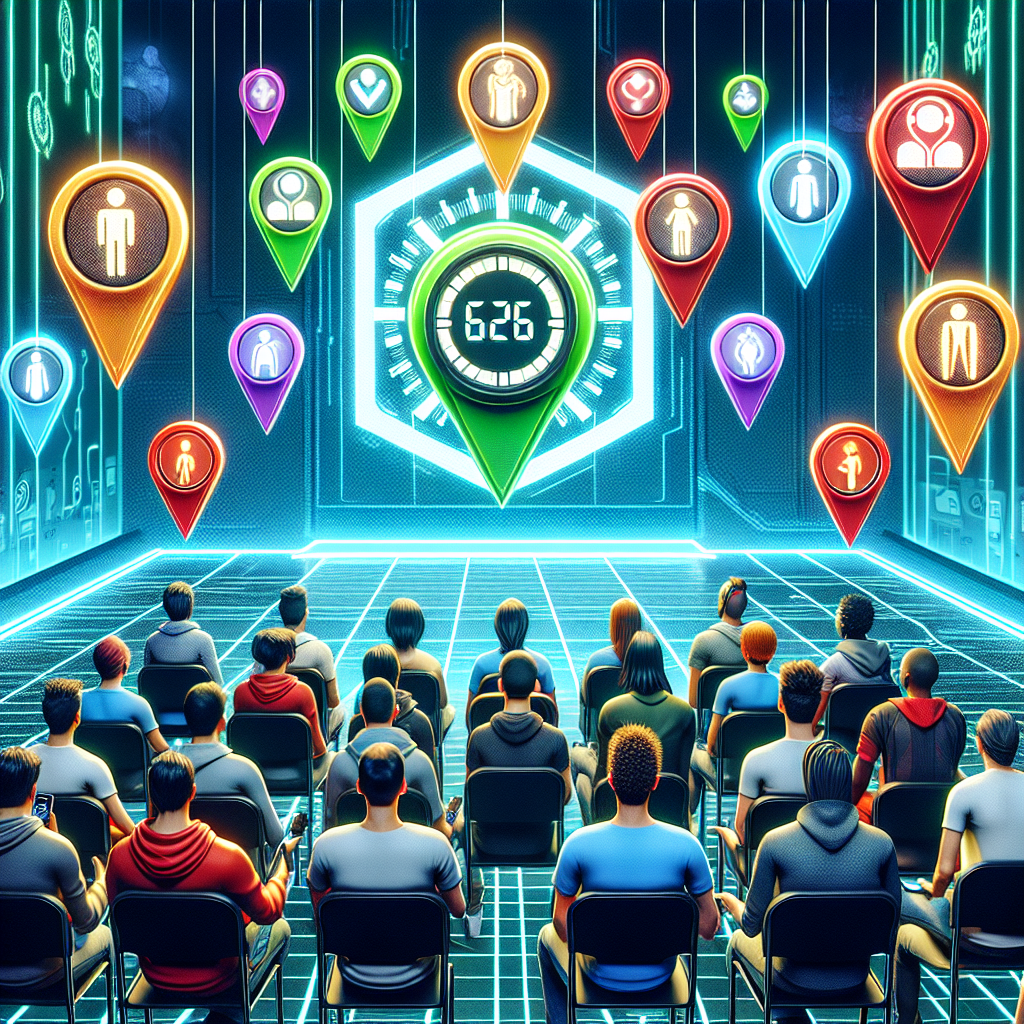Introduction
The topic of skill-based matchmaking (SBMM) is a contentious one within the gaming community, sparking intense discussions and debates. It’s a complex issue that touches on the core of competitive play in multiplayer games. The question at hand is how much weight should be given to a player’s skill when determining their opponents in game lobbies.
(Image credit: Microsoft)
Skill-Based Matchmaking Debate
The debate around skill-based matchmaking (SBMM) in multiplayer games is ongoing and multifaceted. At the heart of the discussion is how developers should balance the matchmaking system to provide a fair and enjoyable experience for players of all skill levels.
- Max Hoberman, a former Bungie multiplayer lead, suggests that modern games often fail to serve players well by focusing too much on creating perfectly even matchups.
- He advocates for a system that allows for a range of player levels in matches, which was a hallmark of the matchmaking in Halo 3.
- Hoberman believes that a mix of match types, including easier and harder games, in addition to even matchups, is key to a fun experience.
- He criticizes the current trend of SBMM for creating an environment that is “super tight, super stressful,” which may not be enjoyable for the majority of players.
According to Hoberman, the goal should be to design a system where players of all skill levels can have fun together, without excessively long wait times for high-skill players, which he views as a form of discrimination.
Halo’s Matchmaking Model
The matchmaking system in Halo 3 was designed to cater to different player experiences by offering three distinct types of matches:
| Type of Match | Description |
|---|---|
| Easier Match | A game where the player is likely to win, providing a more relaxed experience. |
| Harder Match | A challenging game where the player is outmatched, offering a tough but potentially rewarding experience. |
| Even Matchup | A balanced game where the player has an equal chance to win, ideal for competitive play. |
(Image credit: Microsoft)
Modern Matchmaking Challenges
Modern skill-based matchmaking systems face significant challenges, particularly when it comes to serving high-skill players. These players often experience longer wait times due to the system’s efforts to find evenly matched opponents, which can be scarce at the top levels of play.
The failure of modern skill-based matchmaking, imho, is that it’s designed to maximize these perfect match scenarios and minimize the others. When it’s working, a majority of games become super tight, super stressful. That’s not fun for most players. Where’s the variability?November 20, 2023
According to Max Hoberman, this focus on creating perfectly balanced games can lead to a lack of variety and increased stress, detracting from the overall fun of the game. He suggests that designers should strive to find ways to integrate players of all skill levels into matches without segregating or penalizing the highest-skilled players.
(Image credit: Activision Blizzard)
Balancing Matchmaking in Games
In the realm of multiplayer gaming, striking a balance between ranked and unranked modes is crucial. Ranked modes often use a visible skill rating to match players, while unranked modes prioritize quicker matchmaking, sometimes with a hidden MMR (Matchmaking Rating).
These hidden MMR values in casual playlists allow for a more relaxed gaming environment, where the pressure of climbing a ranked ladder is absent. However, this system still ensures that players are matched with others of similar skill, maintaining a level of competitive integrity even in casual play.
Community Perspectives on SBMM
Community opinions on skill-based matchmaking (SBMM) vary widely, with some players advocating for its ability to create fair matches, while others criticize it for reducing the fun and spontaneity of games. The Call of Duty community, in particular, has been vocal about their stance on SBMM, with many arguing that the system in place is too rigorous, leading to consistently high-pressure matches that they refer to as “sweaty.”
These players often express a preference for a matchmaking system that incorporates the kind of skill variance that Max Hoberman described, where not every match is perfectly balanced, allowing for a mix of easier and more challenging games. This perspective aligns with the desire for a more varied and less stressful gaming experience.
Conclusion
In conclusion, the debate over skill-based matchmaking (SBMM) in multiplayer games showcases the diverse preferences within the gaming community. While some players seek the thrill of evenly matched, competitive play, others favor a more relaxed environment where games can be unpredictably easy or challenging. Developers are tasked with the difficult challenge of creating matchmaking systems that cater to both ends of the spectrum, without alienating any particular group of players. As the conversation continues, it’s clear that finding the perfect balance in SBMM is as complex and nuanced as the games themselves.

